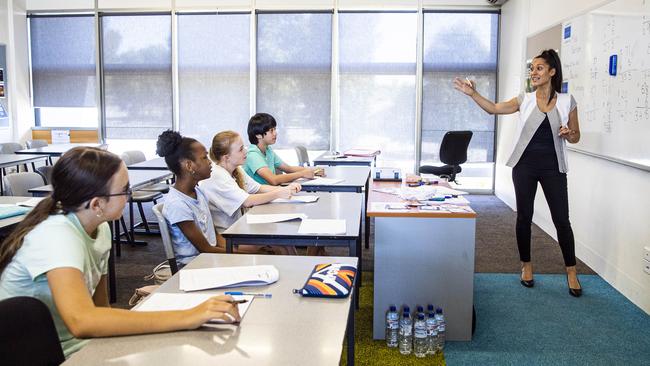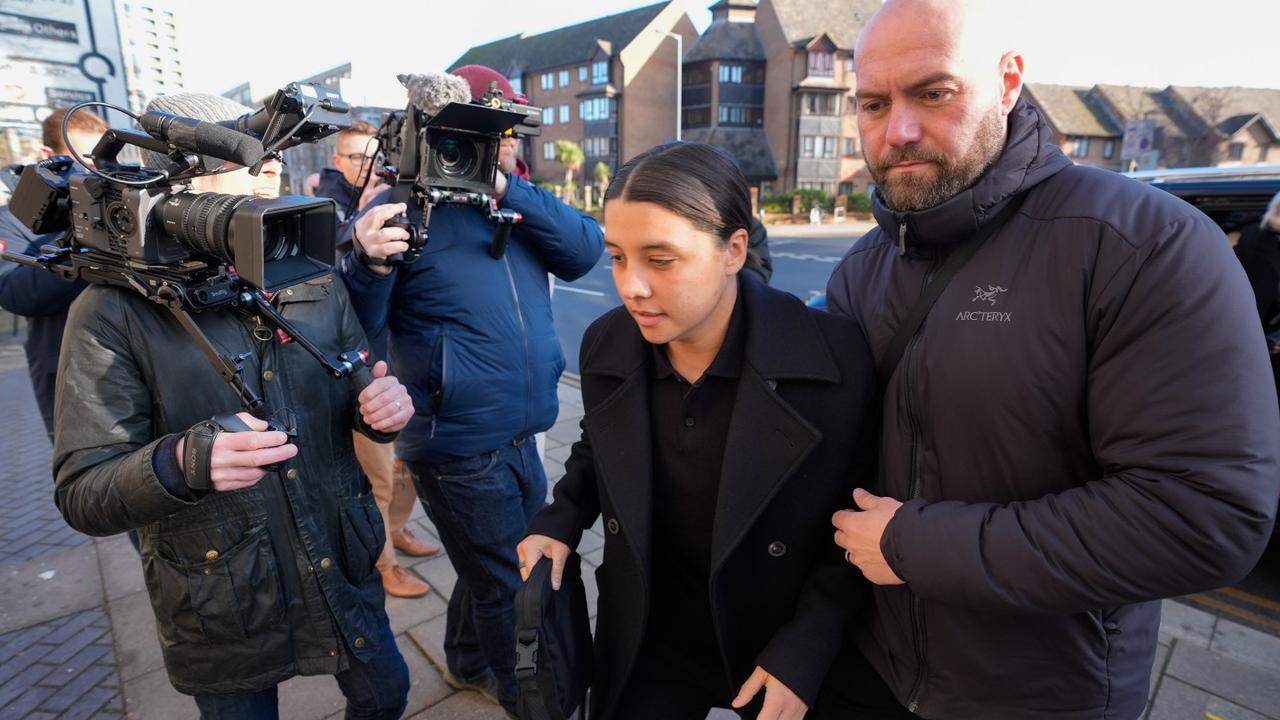Coronavirus: Face-to-face tutors to remedy remote relapse
Students who struggled academically in the wake of lengthy school closures are likely to require intensive tutoring for many months in order to catch up.

Students who struggled academically in the wake of lengthy school closures are likely to require intensive tutoring for many months in order to catch up.
Education departments in NSW and Victoria have issued guidance to schools following their $600m combined investment to provide extra tutors, revealing that as many as 20 per cent of students would have fallen behind in their learning during remote learning last year.
Some would require tutoring three to four times a week for up to 20 weeks, documents advise.
Both states are in the process of recruiting thousands of tutors to work with up to 500,000 students over the course of 2021.
Schools will be allocated funding according to need — with low-fee independent and Catholic schools also eligible for support — and will have autonomy to allocate funding according to need.
Education officials have urged schools to ensure tutors use evidence-based practices, such as high-impact teaching strategies including explicit instruction, to ensure catch-up programs are effective. The Victorian Department of Education and Training’s guidance for Victoria’s Tutor Learning Initiative 2021 notes that “current research suggests that small-group learning offered through focused, regular sessions with a trained teacher is a clear evidence-based approach for improving student learning outcomes in a timely manner”.
“Plan for explicit instruction that models new knowledge, understanding and skills for students and gives them opportunity to practise these skills to competency and mastery,” it says.
“This will look different for each learner, based on their needs and the strategies that suit their needs.”
According to the NSW Department of Education, students most likely to benefit from extra tutoring were those who had fallen behind in literacy and numeracy skills. It also recommends that schools adopt explicit teaching methods when supporting primary-aged students and to refer to departmental guidance on effective reading instruction, that promotes the importance of systematic synthetic phonics instruction for beginning readers.
Grattan Institute research fellow Julie Sonnemann said there was extensive evidence to suggest that quality small group tuition — defined as one teacher or educator working with up to five students — could fast-track learning progress by up to four months.
“These programs have been shown to work when they’re run over a sustained period of time, somewhere between 10 to 12 weeks and up to 20 weeks in some cases,” Ms Sonnemann said.
In Melbourne’s north, Kolbe Catholic College, has launched a catch-up program for students by hosting a summer school for incoming Year 7 students. About 50 of the incoming cohort of 217 took up the offer to take part in the week-long program focusing on core literacy and numeracy skills, which started Monday.
The school, which charges modest fees because almost half its students come from disadvantaged backgrounds, qualified for $200,000 under the tutoring initiative. It has partnered with Australian Catholic University, which will assist with providing tutors.


